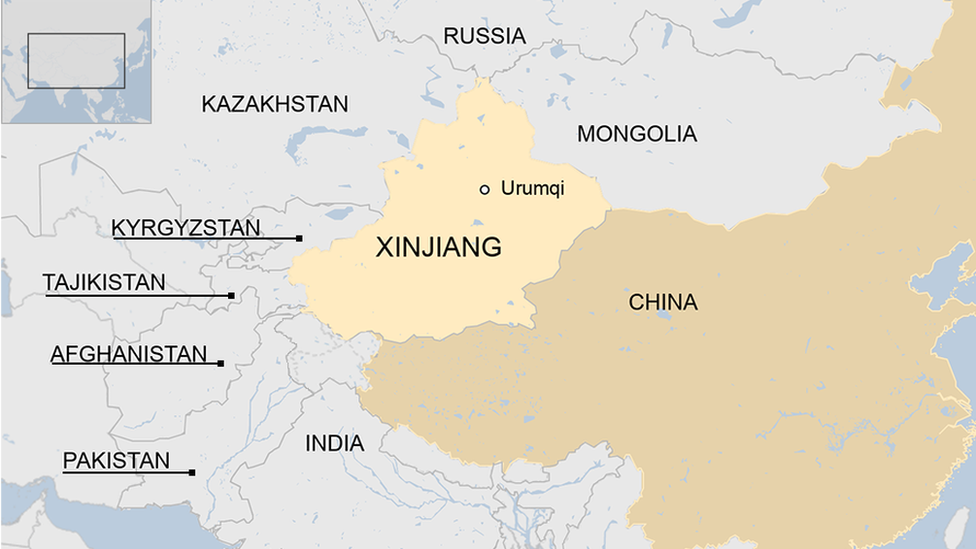Chinese police require DNA for passports in Xinjiang
- Published
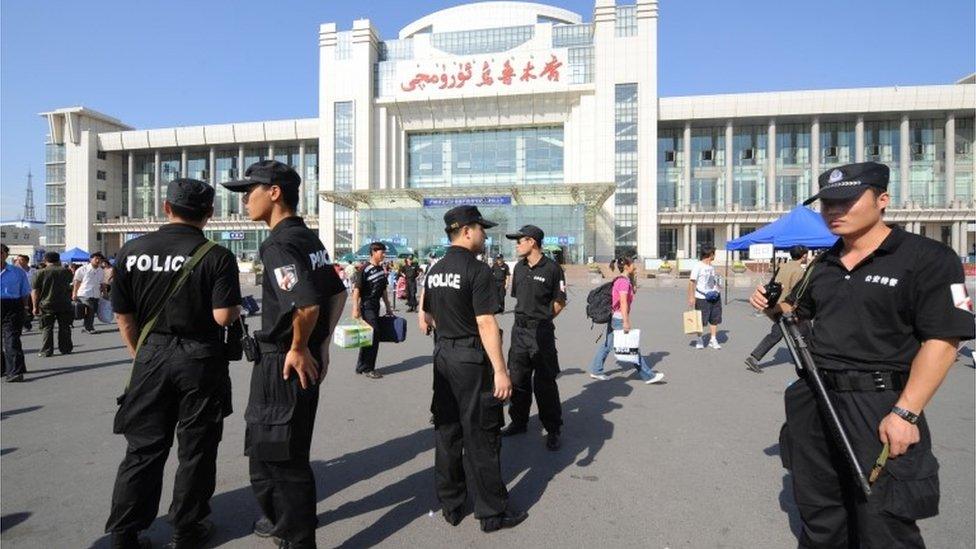
China maintains tight security in Xinjiang province
Police in China's north-western region of Xinjiang are asking some residents to provide DNA samples and other biological data when applying for travel documents.
People in the multi-ethnic area of Yili will have to provide the samples before being allowed to go abroad.
The Chinese government is trying to crack down on periodic violence, which it blames on Islamist militants.
Many Muslims in Xinjiang say they are discriminated against.
They say the Chinese authorities often refuse to issue documents allowing them to travel.
Most of the Uighur ethnic minority, which makes up about 45% of Xinjiang's population, practise the Muslim faith. Over the years China's authorities have attributed violent attacks to Uighur militants, who they say are inspired or aided by overseas terror groups.
Uighur leaders have denied being behind the violence.
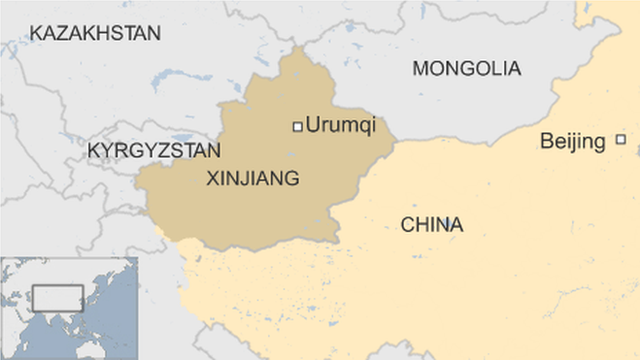
The new restrictions on travel were announced in the Communist Party's newspaper in Yili and in advertisements posted by local travel agents.
The announcements said that people would have to supply a blood sample, fingerprints, a voice recording and what police call a three-dimensional image.
The policy came into force on 1 June, just before Ramadan started. Civil servants and children are banned from fasting for the Muslim holy month.


Uighurs and Xinjiang
Uighurs are ethnically Turkic Muslims
They make up about 45% of Xinjiang's population; 40% are Han Chinese
China re-established control in 1949 after crushing the short-lived state of East Turkestan
Since then, there has been large-scale immigration of Han Chinese
Uighurs fear that their traditional culture will be eroded

- Published24 June 2015
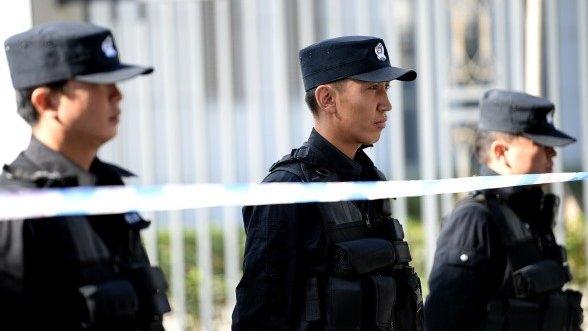
- Published27 May 2015
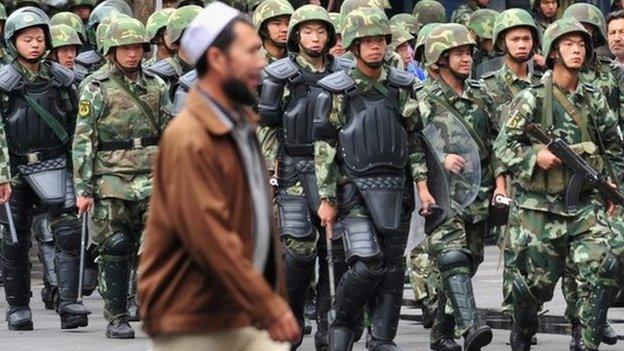
- Published14 January 2015
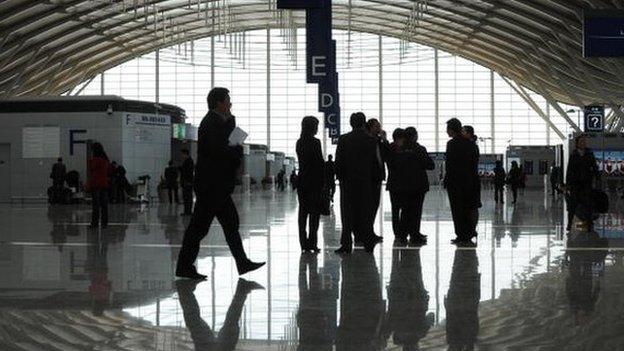
- Published12 January 2015
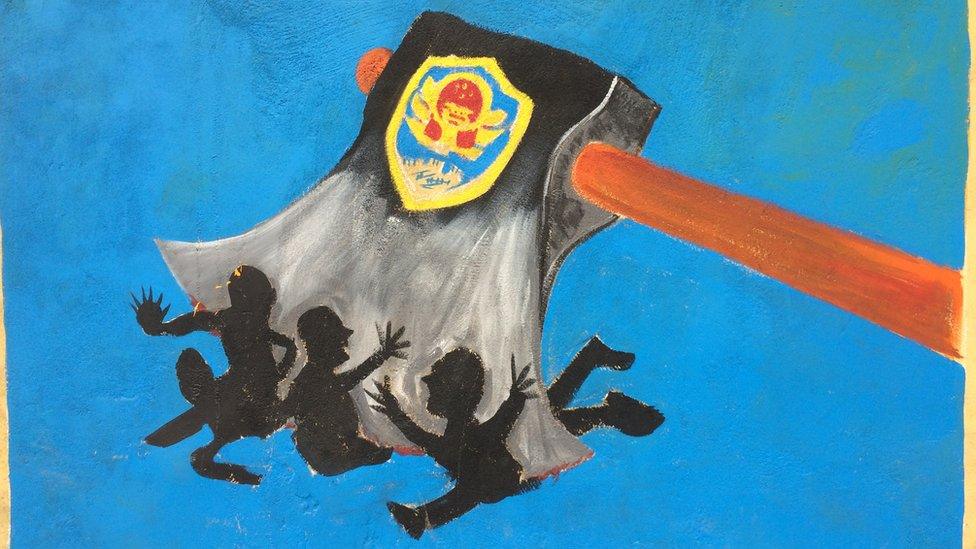
- Published2 January 2015
- Published25 August 2023
